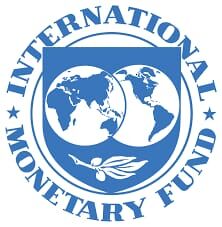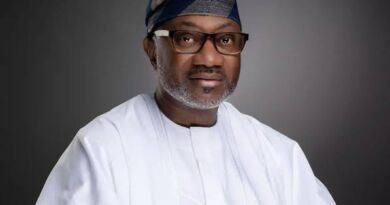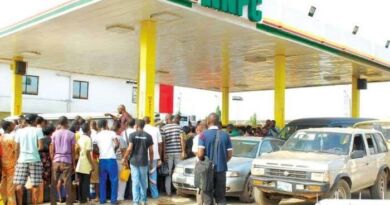Fuel Hike: Petrol Still Sells Below Price – IMF
In spite of the hardship experienced by Nigerians following the upward review of the price of petrol, the International Monetary Fund (IMF) insists that the product is still under-priced in the country.
This view was expressed by the resident representative of the Fund in Nigeria, Dr. Christian Ebeke, while speaking in an interview on Arise TV.
Ebeke, who was re-echoing the position of the National Petroleum Company Limited (NNPC) on the subject matter, said the upward adjustment of the price of petrol per litre should address the scarcity of the product.
“I think the starting point should be to ensure that there is enough supply stability of this product. The queues that we see at gas stations need to be addressed.
“We also understand that for a long time, price at the pump has not been reflective of market conditions and this led to challenges to petrol supply and challenging situation also falls for NNPC.
“So our position again is while you are making these adjustments, it is very important to be mindful of the potential impact these have on the most vulnerable. Again, the narrative should really be about how to accelerate support to the most vulnerable, so they can cope with this type of shock.
“Now, if this upward adjustment brings enough supply in the market and have addressed fuel scarcity, this will be a very good development for many Nigerians because the scarcity is not really helping the productive capacity of the country and also with this situation, people normally don’t get a life,” he said.
Nevertheless, the IMF representative acknowledged that the price increase impacted negatively on Nigerians and called on the government to let the everyday people breathe.
“I think this upward adjustment of petrol price at the pump comes at a time Nigerians are already feeling significant hardship.
“There is a lot of pain for Nigerians coming from multiple shocks, compounded shocks, including high inflation, high food inflation. Now, the country is dealing with devastating floods, among others.
“So the upward adjustment to pump rice comes at that particular moment when the economy is also dealing with multiple shocks and Nigerians are feeling this pain.
“I would advise that as we clearly stated in our annual review of the Nigerian economy which we published in May and our advice is very clear.
“It is important to strengthen social protection in Nigeria. It is important to accelerate the mechanism and the disbursement of this support to the most vulnerable, so they can cope with this multiple shocks they are actually facing now,” he added.
On the federal government’s constant refrain that despite the hardship on the citizens, its reforms are meant to ignite economic growth, Ebeke said any policy should have a human face, especially in the interest of the most vulnerable group.
“So the price adjustments or any effort you are making to resolve the balance sheet problem should be accompanied with something meaningful for the people.
“That is why we see this as a package of policies in the recommendations contained in our annual economic review of the Nigerian economy in May. It clearly stated that those policies should be implemented as packages.
“So you have these price modulations that you can design and have a clear and transparent framework for price determination for petroleum price at the pump and also have a robust social safety net programme or a mix of programmes that targets the most vulnerable, so they can really cope with the multiple shocks they face now.”




